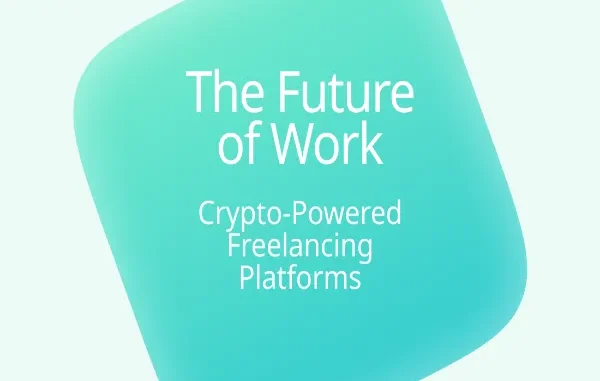
Work is no longer defined by office walls or limited to local employers. The rise of remote jobs, freelance projects, and location-independent careers has created a new generation of workers who value flexibility above all else. Yet traditional financial systems often lag behind, imposing high fees, slow transactions, and barriers to cross-border payments. The P2P trading platform has emerged as a lifeline for freelancers and digital nomads, offering direct access to global income streams, faster payments, and the independence to manage finances on their own terms.
Breaking Down Payment Barriers
Freelancers often struggle with receiving international payments. Banks charge high transfer fees, and global payment processors impose additional costs and delays. For someone working on small contracts, these charges can consume a significant portion of earnings. A P2P trading platform provides an alternative, allowing freelancers to receive payment in digital assets or stablecoins and convert them into local currency quickly and affordably. What once required multiple intermediaries now happens directly between client and worker, empowering freelancers to retain more of their income.
Supporting the Digital Nomad Lifestyle
Digital nomads live in constant motion, working from new cities and countries every few months. Managing bank accounts in multiple jurisdictions is not only expensive but also bureaucratically complex. The P2P trading platform solves this problem by offering a universal system that works across borders. Payments can be received anywhere in the world, with local conversion handled through peer-to-peer networks. This flexibility ensures that nomads can focus on their projects and travel without being constrained by the limitations of traditional banks.
Speed and Flexibility in Transactions
Time is a critical factor in the freelance economy. Waiting several days for a bank transfer disrupts cash flow and creates uncertainty. A P2P trading platform offers near-instant settlements with escrow protection, giving freelancers confidence that payments will arrive securely and quickly. Digital nomads, often reliant on fast-moving gigs, particularly value this speed. The ability to transact efficiently supports a work model built on agility and adaptability.
Independence and Control
Unlike payroll systems tied to corporate employers, freelancers and nomads operate independently. This independence extends naturally to financial management. On a P2P trading platform, users control their own wallets, negotiate directly with clients, and decide which payment methods to use. This sense of ownership aligns with the entrepreneurial spirit of independent workers, who value not just flexibility but also autonomy over their financial decisions.
Building Trust in Global Markets
Trust is one of the greatest challenges in remote work. Freelancers worry about getting paid, while clients worry about delivery. The P2P trading platform addresses this gap through escrow and reputation systems. Funds are locked until both parties fulfil their obligations, and reviews help build reliable profiles. Over time, freelancers develop reputations that attract higher-quality clients, while clients gain confidence by choosing proven professionals. This distributed trust mechanism creates stability in an otherwise uncertain market.
Reducing Dependency on Centralised Services
Many freelancers and digital nomads have been dependent on centralised platforms that act as intermediaries, often taking high commissions. A P2P trading platform reduces this dependency by allowing direct relationships with clients. While still secure, it removes unnecessary intermediaries that drain value from transactions. For independent workers already striving to maximise efficiency, this reduction in dependency is a crucial step toward sustainability.
Preparing for the Future of Work
As freelancing and remote work continue to expand, the need for decentralised financial tools will only grow. A P2P platform integrates naturally into this future, offering solutions not only for payments but also for broader financial activities such as savings, investment, and cross-border trade. For digital nomads and freelancers, mastering these tools will become as important as mastering their professional skills.
The future of work is decentralised, borderless, and flexible. By aligning with these values, the P2P trading platform empowers freelancers and digital nomads to thrive in a world where traditional banking no longer meets their needs. It ensures that independence in work is matched by independence in finance, creating a model of freedom and opportunity for the next generation of workers.

Leave a Reply